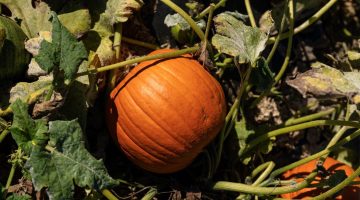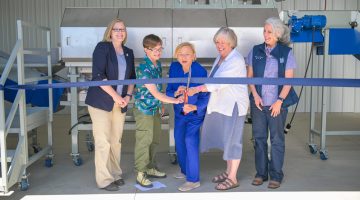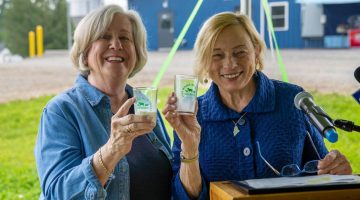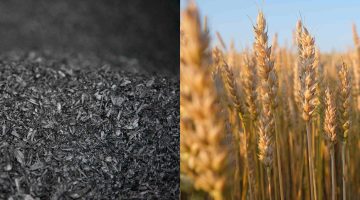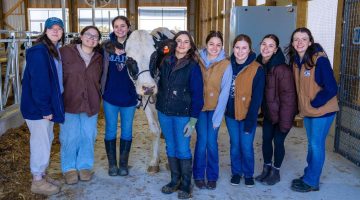MAFES & UMaine make headlines worldwide in 2025
Whether it’s conducting cutting-edge research, commenting on current events or receiving that diploma, University of Maine faculty, students and leaders made headlines locally, nationally and internationally in 2025. From research labs and classrooms to commencement stages and championship arenas, UMaine was featured in more than 18,000 stories published from Jan. 1 to Dec. 31, 2025. […]
Read more





